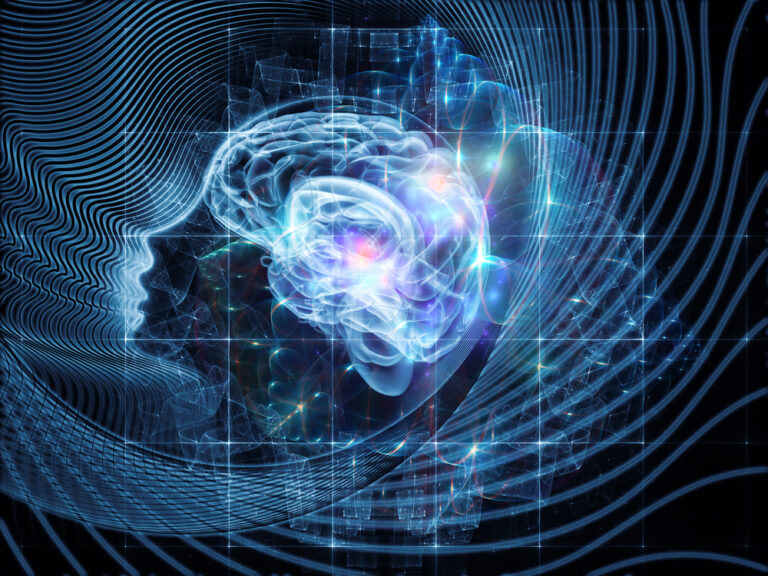What are some of these attributes that make God, God? Here are a few :
3.5 WHAT IS GOD? The Attributes of the Divine – A Philosophical and Theological Examination
By Khaldoun Aziz Sweis, PhD
The Ultimate Question: What is God?
To even dare to ask “What is God?” is to step onto the precipice of the infinite, to stare into the abyss of Being itself. This is no mere intellectual exercise—it is the most profound inquiry a human mind can undertake. Because if God exists, then God is the ground of all existence, the precondition for reality itself. And if that is so, then to misunderstand God is to misunderstand everything.
So let us begin with the most fundamental assertion: God is not a thing among things. He—or It, or the Ground of Being—is not an object in the world, but rather that which makes the world possible.To speak of God is to speak of the absolute, the necessary, the uncaused cause.
The Attributes of the Divine: A Map of the Ultimate
When we attempt to define God, we are not describing a being like us, only bigger. We are pointing toward the transcendent, the ineffable, that which exceeds all categories. And yet, we must try—because if we do not, we risk collapsing into nihilism or shallow materialism, both of which lead to despair.
1. God as the Logos: The Order Beneath Chaos
The ancient Greeks spoke of the Logos—the rational principle governing the cosmos. The Judeo-Christian tradition declares, “In the beginning was the Word (Logos), and the Word was with God, and the Word was God.” (John 1:1)
This is not mere poetry. It is a metaphysical claim: Reality has an intelligible structure. The fact that the universe is comprehensible, that mathematics and logic work, that truth exists—this is not an accident. It points toward a deeper order, a divine rationality.
Ask yourself: Why is there something rather than nothing? And why does that “something” behave according to laws we can discover? That is the signature of the Logos.
2. God as the Moral Absolute: The Fire at the Core of Conscience
Every human civilization has discovered, in some form, the moral law: Do not murder. Do not lie. Do not betray. Care for the weak. Seek justice.
Where does this law come from? Is it merely a social construct? Then why does it persist across time and culture? Why does violating it lead to psychological disintegration, guilt, and societal collapse?
The answer is terrifying: There is a moral reality as absolute as gravity. And God, in this sense, is the source and judge of that morality. To stand before God is to stand in judgment of your own actions, to confront the gap between what you are and what you ought to be.
3. God as the Suffering Redeemer: The Paradox of the Cross
Here we encounter the most shocking claim of Christianity: That God, in Christ, entered into suffering to redeem a broken world. This is not a God who remains aloof, but one who descends into the chaos to rescue us.
What does this mean? It means that the highest ideal—the ultimate Good—is not power, but sacrificial love. It means that evil is real, that suffering is real, but that meaning can be found even in the darkest depths.
The Classical Attributes of God: A Perfect Being
God, by definition, is not merely great—He is maximally great, the greatest conceivable being, possessing the most consistent and complete set of perfections. This is not abstract theology; it is the foundation of all meaning. If God were less than perfect, He would not be God.
Consider these attributes, each one a thunderclap of metaphysical truth:
- Necessary Existence (Anselm): God does not happen to exist—He must exist. His being is not contingent; He is the bedrock of reality itself.
- Omnipotence: Not mere power, but maximal power—the ability to actualize all that is possible, constrained only by His own nature (He cannot lie, cannot cease to be, cannot create a square circle—not because He is weak, but because nonsense remains nonsense, even for God).
- Omniscience: God knows all that is, was, and will be—not as a passive observer, but as the sovereign architect of time.
- Omnipresence: He is not in space; space exists because of Him. There is nowhere you can flee from His presence.
- Eternality: God is outside of time. He does not have a past or future—He is the eternal now.
- Impassibility: He cannot be manipulated, cannot be surprised, cannot be improved. He is the unmoved mover.
- Simplicity: God is not a composite being. He is pure act, without parts, indivisible.
- First Cause: Everything that exists does so because He sustains it. Every breath you take is a gift.
- Aseity: God depends on nothing. He is the great “I AM.”
- Omnibenevolence: He is not merely good—He is goodness itself. All virtue flows from Him.
- Holiness: He is not just another being, bigger and nicer. He is other, transcendent, righteous, pure.
The Missing Attribute: Love That Shatters Categories
There is one attribute so staggering that it reconfigures all the others: Love.
This is not sentimental affection. This is the furious, unrelenting, sacrificial love of God—a love that does not contradict His holiness but fulfills it. As Richard Lints puts it:
“God’s love is inseparable from these other characteristics. It is not the case that sometimes God is holy and at other times God is love, nor sometimes God is just but at other times God is merciful. God’s love runs through all that God is and does. His love is not merely an emotion. It is the enduring commitment of God to his unholy people manifest most clearly in the offering his Son as a sacrificial substitute who died on their behalf in order that they might be declared innocent and gain adoption as children of God. The love of God is active and costly. It is also strong. Nothing can separate God’s people from God because of the character of his love for them.”
This is the scandal of the Gospel: The infinite, eternal, omnipotent God loves—and that love is not weakness, but the ultimate strength.
The Challenge: Can You Bear the Weight of This God?
This is not abstract theology. This is a confrontation with reality itself.
- If God is necessary, then your existence is not an accident.
- If God is omniscient, then every thought you’ve ever had is known.
- If God is holy, then your sin is not trivial.
- If God is love, then your redemption was purchased at infinite cost.
So ask yourself:
- Do you live as if God is watching?
- Do you act as if His holiness demands something of you?
- Do you believe His love is strong enough to save you, even from yourself?
Conclusion: The God Who Is
God is not a comfort. God is a fire.
God is not a theory. God is the judge of all theories.
God is not a moral guideline. God is the lawgiver who will hold you accountable.
God is not a feeling. God is the fact at the foundation of the universe.
And yet—this God loves. That is the most terrifying and glorious truth of all.
What will you do with Him?
Recommended Reading:
Matthew Barrett, None Greater: The Undomesticated Attributes of God (Baker, 2019)
Matthew Barrett, “Don’t Domesticate God with Words”
Herman Bavinck, The Doctrine of God, Banner of Truth Trust, 1979
Kevin DeYoung, “Theological Primer: Divine Infinite”
Paul Helm, Eternal God (Oxford University Press, 2010)
Michael S. Horton, The Christian Faith, (Zondervan, 2011) chapters 6 & 7
Thomas Morris, Our Idea of God (InterVarsity Press, 1991)
J. I. Packer, Knowing God (InterVarsity Press, 1973)
The Westminster Confession of Faith, chapter 2
Erik Raymond, “The Cross Displays the Attributes in Perfect Harmony”
“It is a fearful thing to fall into the hands of the living God.” (Hebrews 10:31)There is one major attribute I did not mention in this lecture.
WHAT DO YOU THINK of this is a short lecture? Leave a review
How to leave a rating or review in Apple Podcasts (on an iOS device)
Podcast: Play in new window | Download



